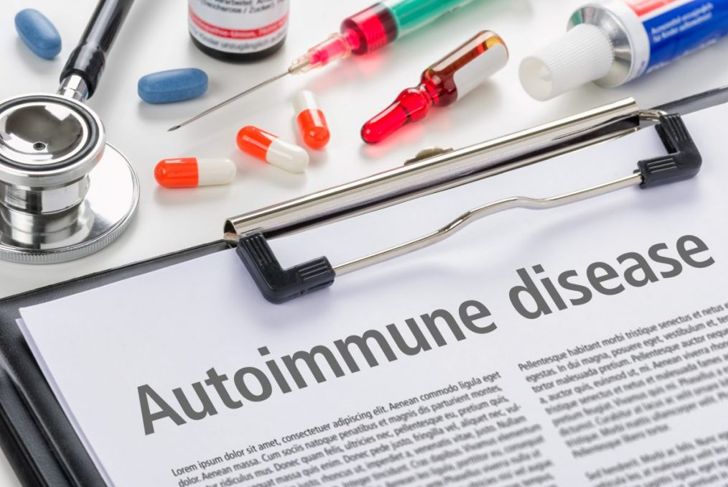Experts know of more than 80 autoimmune diseases that, collectively, affect more than 24 million Americans. Diagnosing conditions like lupus, multiple sclerosis, and rheumatoid arthritis is difficult, and most people with these incurable diseases need lifelong treatment to ease their symptoms.
Causes of Autoimmune Diseases
The immune system protects the body by recognizing antigens on the surface things that can cause harm — such as bacteria, viruses, toxins, and cancer cells — and attacking them. Autoimmune diseases occur when the immune system cannot distinguish between healthy tissue and harmful antigens and begins to attack healthy cells. The exact cause of this misdirected attack is unknown.
Effects on the Body
The effects of autoimmune diseases are vast and largely depend on the specific condition. Generally, autoimmune diseases destroy tissues, change organ function, or cause abnormal growth of an organ. They can affect multiple systems, organs, and tissues, including connective tissue, blood vessels, endocrine glands, red blood cells, skin, joints, and muscles.
Risk Factors
Women have a higher risk of developing autoimmune disorders, particularly those of Native America, African American, and Hispanic American heritage. Other risk factors include being overweight or obese, smoking, and taking certain blood pressure medications or antibiotics. Having a family member with an autoimmune disease also increases the risk of developing one.
Polyautoimmunity
Polyautoimmuity is having more than one autoimmune disease. When someone has three or more autoimmune diseases at the same time, they have multiple autoimmune syndrome. People with polyautoimmunity may develop diseases that stem from a common genetic root. One study found that 34.4 percent of autoimmune patients have polyautoimmunity; Sjögren’s syndrome and autoimmune thyroid disease was the most common pair.
Symptom Onset
Symptoms of autoimmune diseases do not begin when the disease takes hold. Most autoimmune diseases begin years before they become clinically apparent, meaning that it may be possible to predict what autoimmune diseases a person has. By examining antibodies, doctors may be able to determine disease severity and progression before symptoms develop, which is useful for personalized medicine and coming up with individualized treatment plans.
Symptoms
There are more than 80 autoimmune diseases, and not all symptoms overlap because they affect diverse tissues and parts of the body, but the conditions do have a few things in common. The first symptoms to appear are usually low-grade fever, muscle aches, joint pain, and fatigue. Inflammation is also a classic sign and can lead to pain, heat, redness, and swelling.
Flares
Most people with autoimmune diseases experience occasional flares, or sudden and severe increases in symptoms. While this can happen for seemingly no reason, some people identify triggers, such as being out in the sun, a recent infection, or significant stress. Knowing the triggers can help people prevent flares or minimize their severity.
Diagnosis
The diagnosis of autoimmune disorders can be difficult. Doctors perform physical exams and order tests that may include complete blood counts, antibody testing, comprehensive metabolic panels, tests for inflammation, and urinalysis. There is no single test that identifies autoimmune diseases, and some symptoms overlap with other conditions, making them even more difficult to diagnose.
Treatment
Treatments depend on the type of autoimmune disease a person has and their symptoms. There is no cure for most autoimmune diseases. Instead, the goals of treatment are to control the autoimmune process, reduce symptoms, and maintain the body’s ability to fight off diseases and stay otherwise healthy. Treatments include supplements, blood transfusions, physical therapy, and immunosuppressive drugs.
Prognosis
The outlook for someone with autoimmune disease depends on the disease and its severity. While treatment can control many symptoms and prevent frequent flares, there is no cure and nothing that can prevent the development of the condition. People with these diseases also run the risk of side effects from medications and other treatments, including an increased chance of infection.

 Home
Home Health
Health Diet & Nutrition
Diet & Nutrition Living Well
Living Well More
More




















